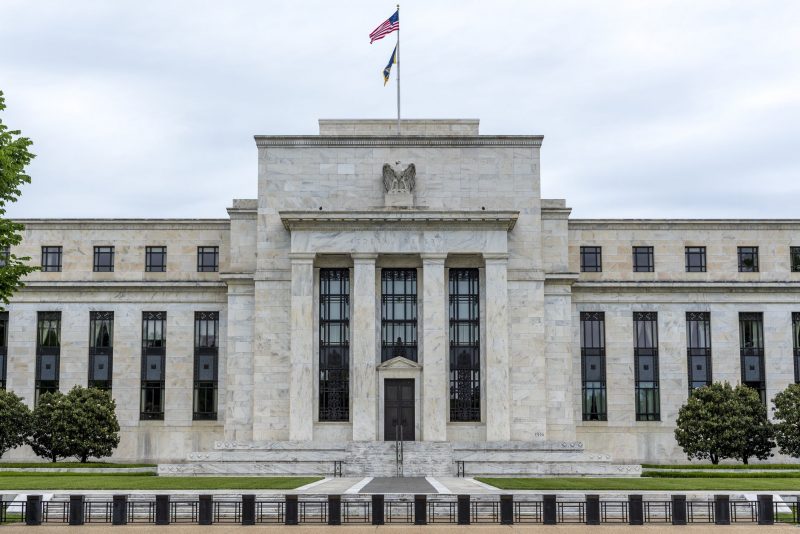The Federal Reserve left borrowing costs at record lows on Wednesday, while acknowledging there’s still a long way to go as the nation’s economy heals from the COVID-19 outbreak.
The key rate acts as a benchmark for borrowing and savings. Interest rates will remain at 0% to 0.25%, which they have since March. The Fed’s benchmark rates do not have a direct influence over mortgage ratesbut can influence them. Mortgage rates have been reaching all-time lows in recent weeks and likely will continue to stay low, economists say.
Fed officials on Wednesday did upgrade their economic outlook and said that they believe the economy will rebound strongly once a coronavirus vaccine is widely available. The Fed also said it was more optimistic about employment and growth. Still, it will likely keep its interest rates at record lows until at least through 2023, according to its forecasts.
“The path of the economy will depend significantly on the course of the virus,” the Fed said in a statement following the meeting. “The ongoing public health crisis will continue to weigh on economic activity, employment, and inflation in the near term, and poses considerable risks to the economic outlook over the medium term.”
Fed officials predict that unemployment will drop to 5 percent by the end of 2021 and to 4.2% by the end of 2022. Fed officials are also more hopeful about growth in the GDP, predicting it could grow by 4.2% by the end of 2021.
Also on Wednesday, the Fed renewed its commitment to continue buying at least $120 billion worth of bonds each month “until substantial further progress has been made” on employment and inflation remains at 2%.
"Together, these measures will ensure that monetary policy will continue to deliver powerful support to the economy until the recovery is complete," Fed Chairman Jerome Powell said in a news conference.
Source: “Fed Keeps Interest Rates at Near-Zero as Coronavirus Rebound Sputters,” Bankrate.com (Dec. 16, 2020) and “Fed Leaders More Optimistic on Jobs, GDP Growth at Final 2020 Policy Meeting,” The Washington Post (Dec. 16, 2020)













